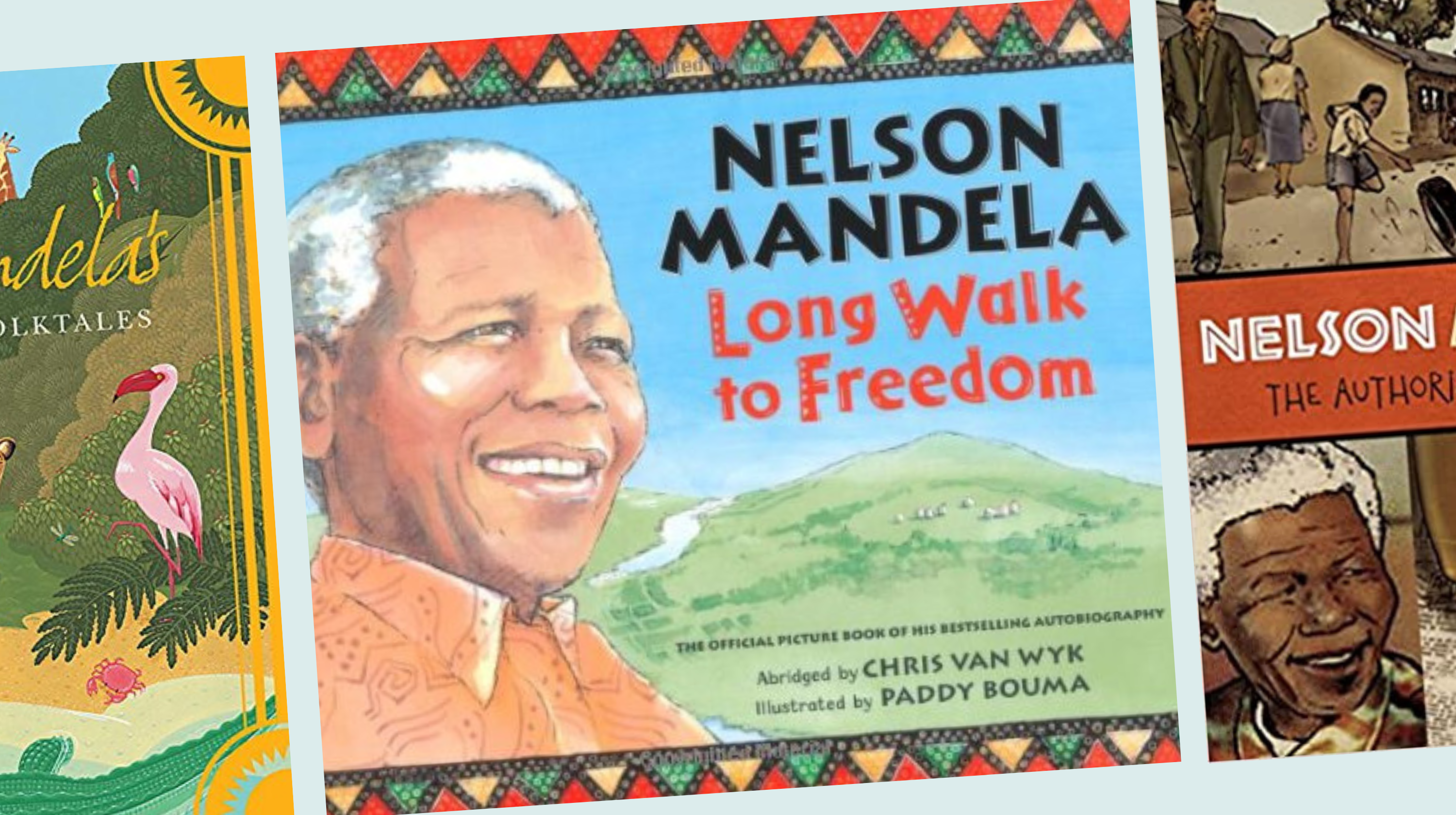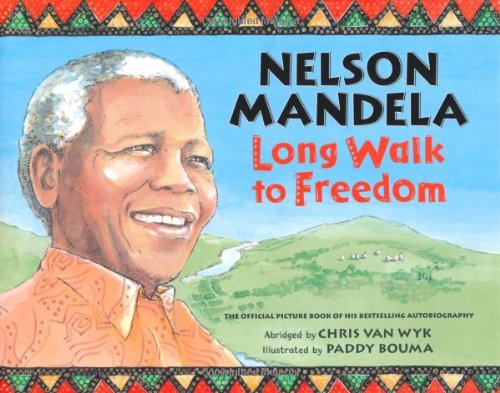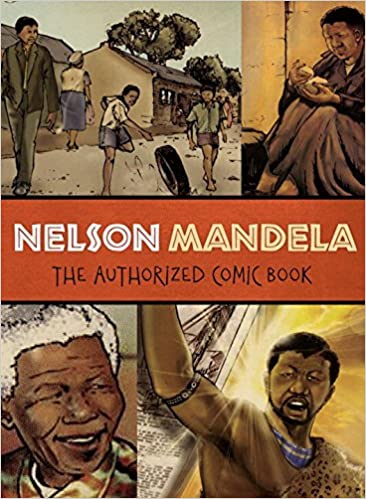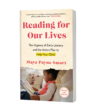For parents seeking to teach their children about history through the true stories of people who’ve worked to shape it for the better, it’s hard to imagine a more inspiring subject than anti-apartheid activist, South African president, and Nobel prize winner Nelson Rolihlahla Mandela. With Mandela’s birthday on July 18, introduce your kids to this towering figure of modern history through these picture books produced by Mandela himself and the Nelson Mandela Foundation.
Long Walk to Freedom by Nelson Mandela, Abridged by Chris Van Wyk
“Essential reading for anyone who wants to understand history—and then go out and change it.” That’s how President Barack Obama described Long Walk to Freedom, Nelson Mandela’s autobiography, much of which Mandela wrote in secret while imprisoned.
This picture book adaptation of the book for young readers delivers beautifully engaging illustrations along with accessible text. It’s pitched for middle-elementary readers but is well adapted for reading aloud to somewhat younger children, who will particularly connect with the early parts of the story depicting his childhood and schooling. The book is long, so if you read it with your child, treat it as you would a chapter book, sharing one part of the story at each reading—but the large-scale illustrations on each page and easy language keep it firmly within the grasp of younger readers and listeners.
Just remember: This book deals with the real-life experiences of a freedom fighter and political prisoner. While this book is specially adapted for kids, parents are always wise to pre-screen content and exercise caution with sensitive children, particularly in the second half of the book, where, for example, a (non-gory) illustration of the 1960 Sharpeville massacre shows people lying on the ground surrounding police with guns.
Nelson Mandela: The Authorized Comic Book by The Nelson Mandela Foundation and Umlando Wezithombe
This large-format graphic novel features gorgeously detailed illustrations by the Umlando Wezithombe collective of South African artists. It tells the story of Nelson Mandela and South Africa over the course of 193 pages. It’s aimed at middle school readers, and the action-filled drawings and speech-bubble style are sure to draw in even more reluctant readers.
Younger readers will also find the comic-strip illustrations engaging and should be able to connect with the book as well; even younger kids will enjoy seeing the pictures and having segments of the text read aloud to them. Again, parents of younger and sensitive children will want to review the content for themselves: This is written for older kids and doesn’t shy away from history. As above, the beginning of the book, covering Mandela’s childhood, is a good opening to begin sharing this story with younger listeners.
Nelson Mandela’s Favorite African Folktales
This volume brings together a collection of 32 classic, and some newer, African folktales selected by Nelson Mandela. Each magical, mystical, and mythical tale is accompanied by a whimsical, colorful illustration. Kids of all ages who enjoy fairytales and folklore (and which don’t?) will be drawn in, hooked from the opening tale, an East African story that celebrates the clear vision of children and casts them as the heros to adults mesmerized and blinded to reality.
The tales are a perfect length to share one or a few for a quick story time or bedtime reading. Or make a cup of tea and snuggle up for a longer cuddle: Once you get to reading and examining the pictures together, your child may not want you to stop! Tip: Don’t shy away from adding plenty of dramatic flair to your reading. These stories were meant to be told aloud. So really listen as you read (put that mental to-do list on hold!) and let yourself get lost in the lyrical magic of the ages. And then let that magic come through in your voice. Your child won’t be able to resist.
Even the brief and beautifully written introduction by Mandela is worth reading aloud. “It is my wish that the voice of the storyteller will never die in Africa, that all the children in the world may experience the wonder of books, and that they will never lose the capacity to enlarge their earthly dwelling place with the magic of stories,” Mandela concludes.
That’s our wish, too.






